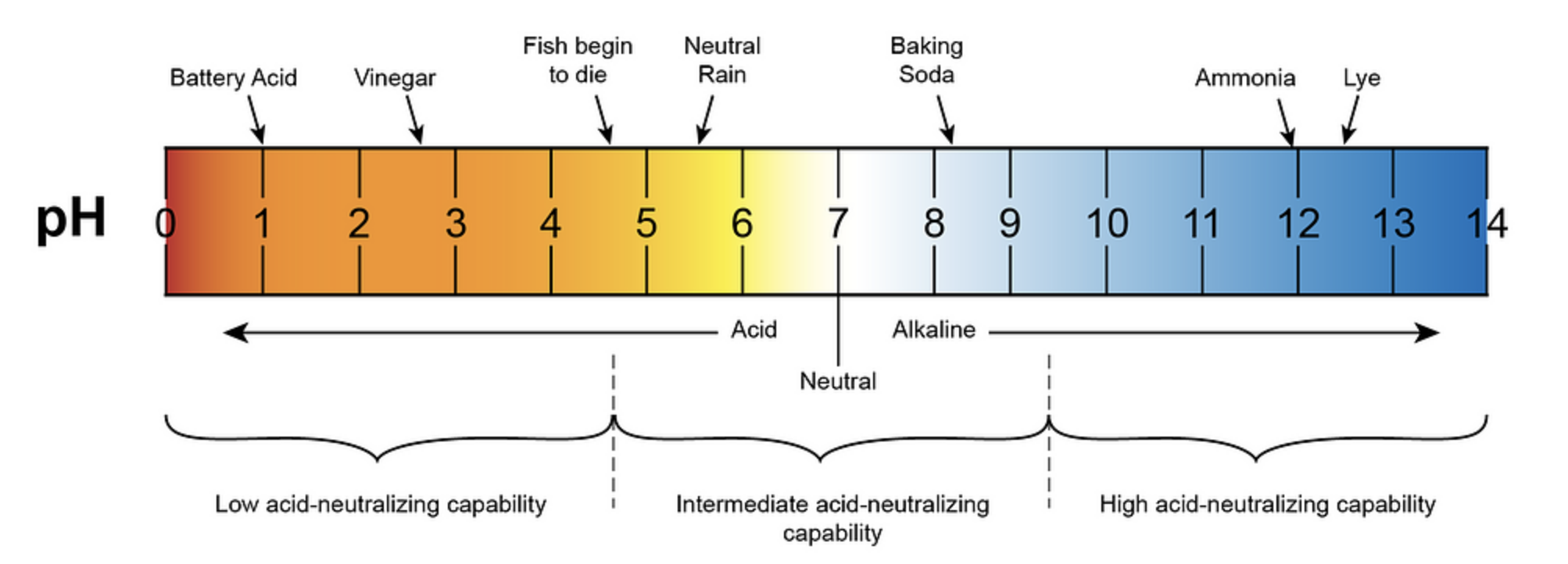The pH value of tap water in Michigan, USA, typically falls within a range of 6.5 to 8.5, which is considered safe for consumption and general use. However, various factors, including the presence of contaminants, chemicals, and substances in the water supply, can affect the pH balance of the water.
Understanding the pH of Michigan Tap Water
The pH scale ranges from 0 to 14, with 7 being neutral. Values below 7 are considered acidic, while values above 7 are considered alkaline. The ideal pH range for drinking water is generally between 6.5 and 8.5, as this range is considered safe for human consumption and household use.
In Michigan, the pH of tap water can vary depending on the specific water source and treatment processes used by the local water utility. Factors that can influence the pH of Michigan tap water include:
- Water Source: The pH of the original water source, such as groundwater or surface water, can affect the overall pH of the treated tap water.
- Water Treatment: The chemicals and processes used to treat the water, such as the addition of chlorine or other disinfectants, can impact the pH.
- Pipe Materials: The materials used in the water distribution system, such as lead or copper pipes, can also contribute to changes in the pH.
- Contaminants: The presence of various contaminants, such as heavy metals or organic compounds, can alter the pH of the water.
Contaminants in Michigan Tap Water
While the pH of Michigan tap water generally falls within the safe range, there are some contaminants that have been found in the water supply above health guidelines. These contaminants include:
- Total Trihalomethanes (TTHMs): Byproducts of the disinfection process, which can be linked to an increased risk of cancer and other health issues.
- Haloacetic Acids (HAA5 and HAA9): Also byproducts of the disinfection process, which can be harmful to human health.
- Chromium (Hexavalent): A heavy metal that can cause various health problems, including cancer.
- Nitrate: Can be harmful to infants and pregnant women, and may also affect the pH of the water.
- Radium (Combined -226 & -228): A radioactive contaminant that can increase the risk of cancer.
- Bromodichloromethane and Dibromochloromethane: Byproducts of the disinfection process, which can be linked to health issues.
- Cadmium: A heavy metal that can cause kidney damage and other health problems.
Balancing the pH of Michigan Tap Water
To balance the pH of tap water in Michigan, various home remedies and solutions can be implemented. Some common methods include:
- Adding Baking Soda: Baking soda (sodium bicarbonate) can help raise the pH of the water, making it more alkaline.
- Using Vinegar or Lemon Juice: These acidic substances can help lower the pH of the water, making it more acidic.
- Employing Water Filters: Certain water filters, such as those with activated carbon or reverse osmosis, can help remove contaminants that may be affecting the pH.
- Conducting Regular Testing: It is essential to regularly test the pH of your tap water to ensure it remains within the safe range. This can be done using pH test kits or by contacting your local water utility.
Addressing Specific Contaminants
When dealing with contaminants in Michigan tap water, it is crucial to address the specific substances present in the water supply. Some common solutions include:
- Chlorine Removal: Activated carbon filters can be used to remove chlorine, which is often added as a disinfectant.
- Heavy Metal Removal: Reverse osmosis or distillation systems can be employed to remove heavy metals like lead or copper.
- Nitrate Reduction: Ion exchange or reverse osmosis systems can help reduce nitrate levels in the water.
- Radium Removal: Specialized water treatment systems, such as those with radium-specific filters, can be used to remove radioactive contaminants.
Conclusion
The pH of tap water in Michigan, USA, generally falls within the safe range of 6.5 to 8.5. However, it is essential to be aware of the potential contaminants and chemicals that can affect the pH balance. Regular testing and implementing appropriate solutions, such as using pH adjusters and water treatment systems, can help maintain a healthy and safe water supply for Michigan residents.
References:
– EWG Tap Water Database | Michigan – https://www.ewg.org/tapwater/state.php?stab=MI
– Youth water quality tests – Part 4 – pH – MSU Extension – https://www.canr.msu.edu/news/youth_water_quality_tests_part_4_ph
– What is the ph of Detroit city water right now? – Rollitup – https://www.rollitup.org/t/what-is-the-ph-of-detroit-city-water-right-now.605879/
– FAQs • What is the pH of Midland’s water? – https://cityofmidlandmi.gov/Faq.aspx?QID=205
– Does Your Tap Water Have pH Problems? – https://culliganannarbordetroit.com/problems/ph-problems

